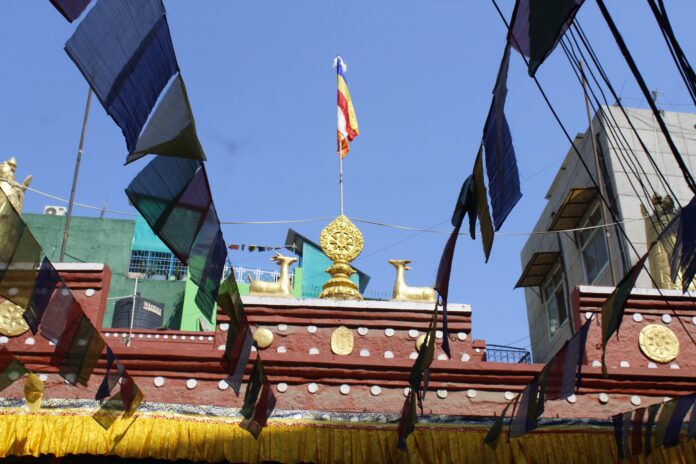Syed Muskan and Kulsoom Faiz, TwoCircles.net
New Delhi: The intersectional feminist approach illuminates the myriad issues confronting migrant women globally. As per the latest report from the United Nations High Commissioner for Refugees (UNHCR) Refugee Population Statistics Database, India hosts over 46,000 registered refugees and asylum seekers, with women constituting 46% of this population. The refugees and asylum seekers in India primarily originate from Afghanistan, Myanmar, Tibet and neighboring countries.
For refugee women, the process of self-identification is intricate and layered, shaped by diverse factors such as cultural backgrounds, displacement experiences and the challenges of adapting to a new environment. These complexities often place them in precarious and vulnerable positions.
Priyali Sur, founder and executive director of The Azadi Project, told TwoCircles.net, “A refugee woman’s identity is not only influenced by internal factors like gender roles, community norms, and traditions but also by external factors such as how host communities categorize them, using terms like ‘asylum seekers’ or ‘illegal immigrants.”
The convergence of these factors often exposes refugee women to vulnerable and precarious situations as they navigate the complexities of a new environment while shaping their identities.
Tenzin Kyizon, a 23-year-old Tibetan refugee woman, embodies this narrative. She articulates the struggle of refugee women grappling with dual identities, confronting marginalization both as women and refugees.
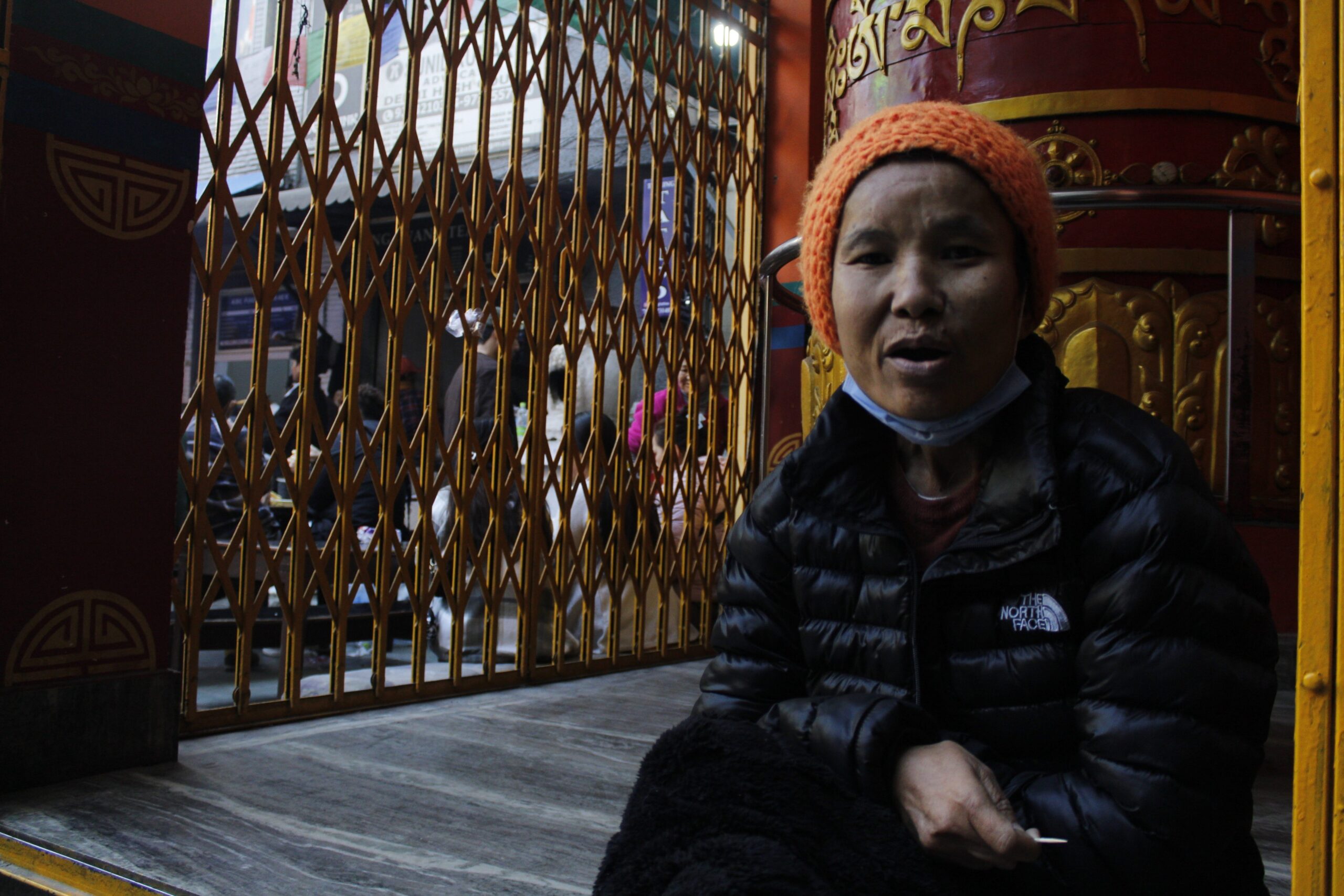
“Apart from being a woman, I identify strongly as Tibetan,” she asserts. Kyizon made history as the first Tibetan to open an ice cream shop at Majnu Ka Tila, the Tibetan refugee settlement at Aruna Nagar in North Delhi. This initiative brought a fresh experience to her community, providing a familiar touchstone in a foreign land where connections outside her community are limited.
Currently pursuing a Hotel Management, Kyizon reflects, “While the course has significantly honed my skills in shop management, the ongoing challenges I face as a Tibetan refugee woman continue to place me at a disadvantage.”
She is a second-generation migrant who, along with her parents, sought refuge in India in 2003. Her parents now reside in Tibetan settlements in Himachal Pradesh.
Kyizom and her sister, Tamdim Kyi, jointly operate a small shop in the same location. “Despite my best efforts, I could not find a suitable spot to open my shop in the surrounding areas. After much thought, I decided to start my business within my community, where I understand the local market and have established connections with potential customers.”
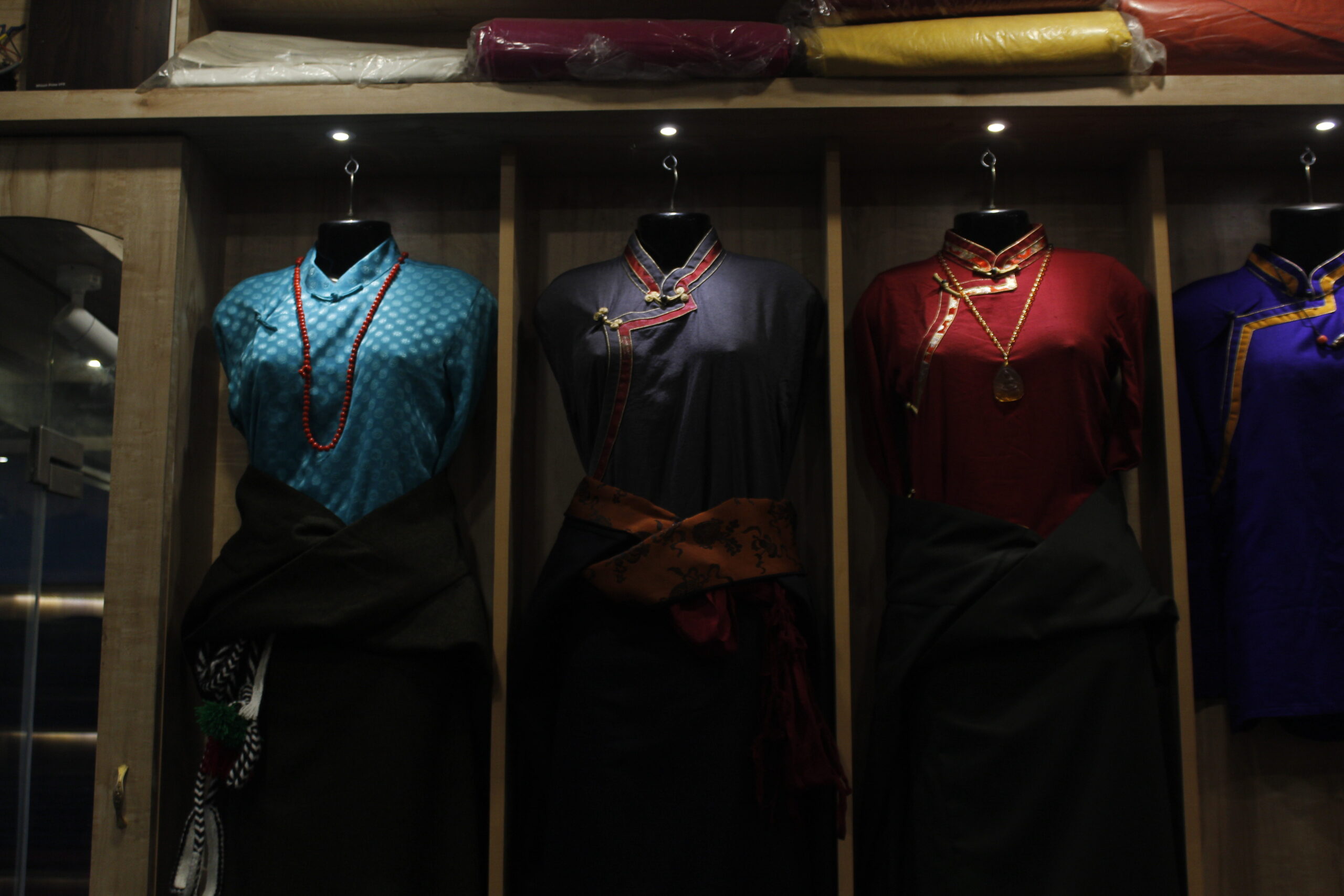
She said she encounters discrimination due to her Tibetan identity, regardless of her location. She notes that people are not supportive of women managing independent shops.
The presence and resilience of refugee women in the country are allegedly viewed through the lens of intersectional feminism, which recognizes and addresses the multiple forms of oppression these women face — including refugee status, intersecting gender discrimination and economic inequality.
From this perspective, the narrative of refugee women in India becomes a story of survival, highlighting their resilience and resistance against systemic injustices that impact their identities.
“Intersectional feminism acknowledges that refugee women’s identities are shaped by the intersection of multiple factors, such as gender, race, ethnicity, religion and socioeconomic status. It is crucial to recognize and address these intersecting identities. Their rights, dignity and well-being must be safeguarded, empowering them to rebuild their lives and thrive in new environments,” added Sur.
In March 2021, Fareeda Kherkha, a 47-year-old Afghan refugee and single mother, faced a significant challenge when the center where she worked closed due to the COVID-19 pandemic. Taking matters into her own hands, Fareeda started a handicraft business from her home. Today, she provides work and guidance to five-six Afghan women, offering them a means to earn a livelihood. With support from non-governmental organizations (NGOs), she has also set up stalls in various locations, enabling her to generate income to support her family.
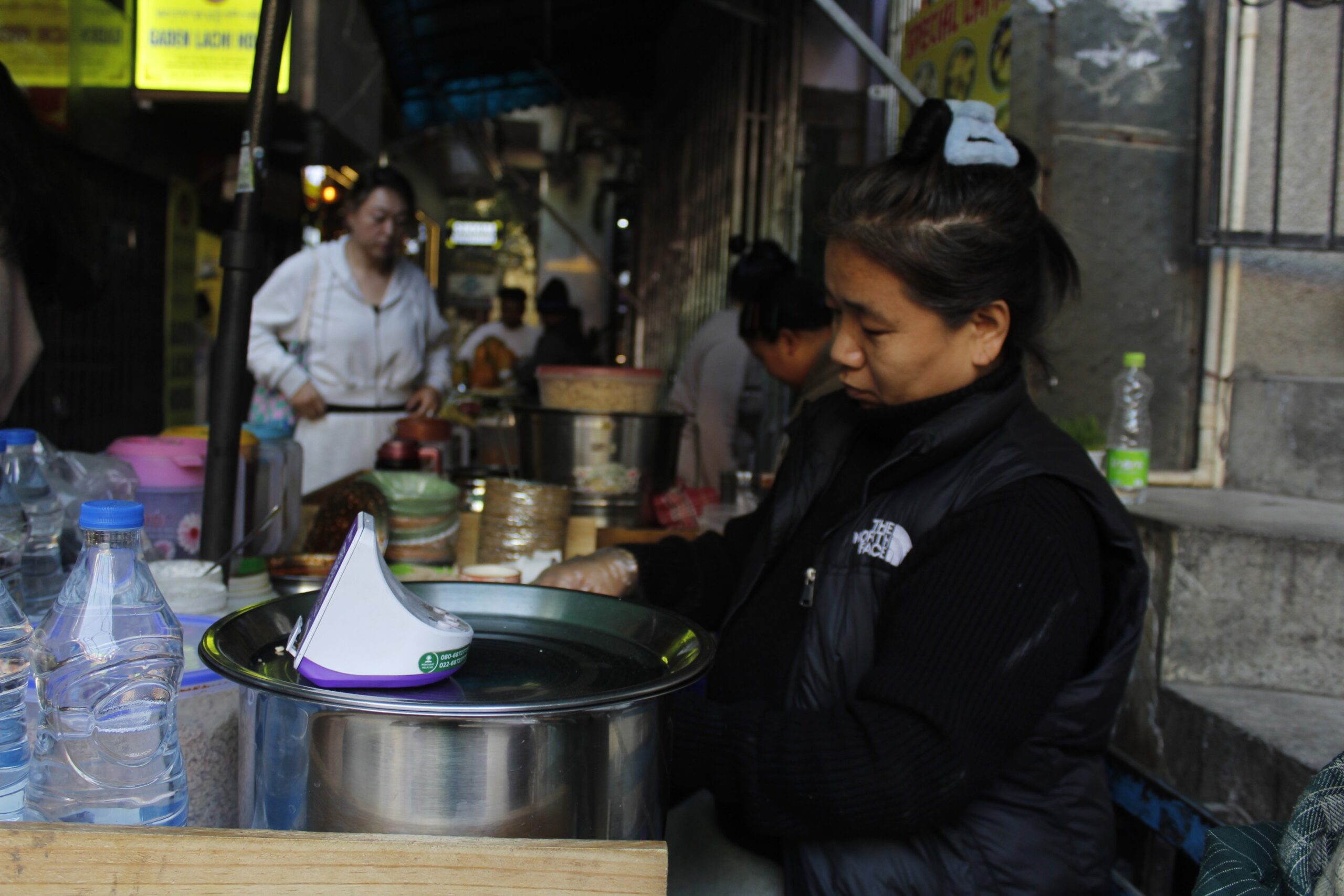
“The pandemic’s financial impact forced my children to pause their education due to the inability to afford associated expenses,” she shared. “To make ends meet, I have operated stalls in different places. However, the income from these ventures fluctuates, depending heavily on local circumstances and visitor traffic.”
She expressed gratitude for the improved survival and took proactive steps by establishing bakery stalls, as suggested by NGOs.
Sur continued in hostile or unwelcoming host countries, refugee women face heightened risks due to their gender and identity. “They often encounter biases and discrimination that exacerbate their vulnerability. The absence of family protection or support systems can make them susceptible to exploitation. The policies and laws — or lack thereof — implemented by these countries can profoundly impact their lives, sometimes unjustly, failing to consider their unique circumstances. For instance, different refugee communities in India are treated disparately based on their identities,” she noted.
Khursheed Ahmadi, an Afghan refugee who arrived in India in 2018 seeking better economic opportunities, faced numerous challenges before securing a position as an accountant at a tour and travel company in Lajpat Nagar. Previously employed at a telecom company in Afghanistan, she found that securing employment as an Afghan woman in India posed significant challenges, with job offers often not aligning with her qualifications and aspirations.
Reflecting on the difficulties refugee women encounter in the job market, she stated, “It includes encountering misleading offers and potential exploitation. Despite these challenges, I was fortunate to find a job through personal contacts.”
She highlighted the limited opportunities available to Afghan women in the job market, often restricted to domestic roles or outright denied employment. She observed similar circumstances for women in India, noting ongoing struggles with her financial situation and a bleak outlook for improvement. “The rent and living expenses in this area are exorbitant. I feel isolated without any friends, and saving money is incredibly challenging,” she expressed.
Ahmadi prioritizes work over identity. She explained, “If I emphasize my Afghan identity, I receive less assistance. It appears that work, rather than identity, is more valued.”
Tenzin Choezom, a 44-year-old woman originally from Tibet, migrated to Delhi as a refugee and is now a second-generation migrant, as her parents continue to seek asylum outside India. She currently works as an aesthetician and beautician in Majnu Ka Tila. Previously, she worked in South Delhi but decided to relocate to the locality to reconnect with her community.
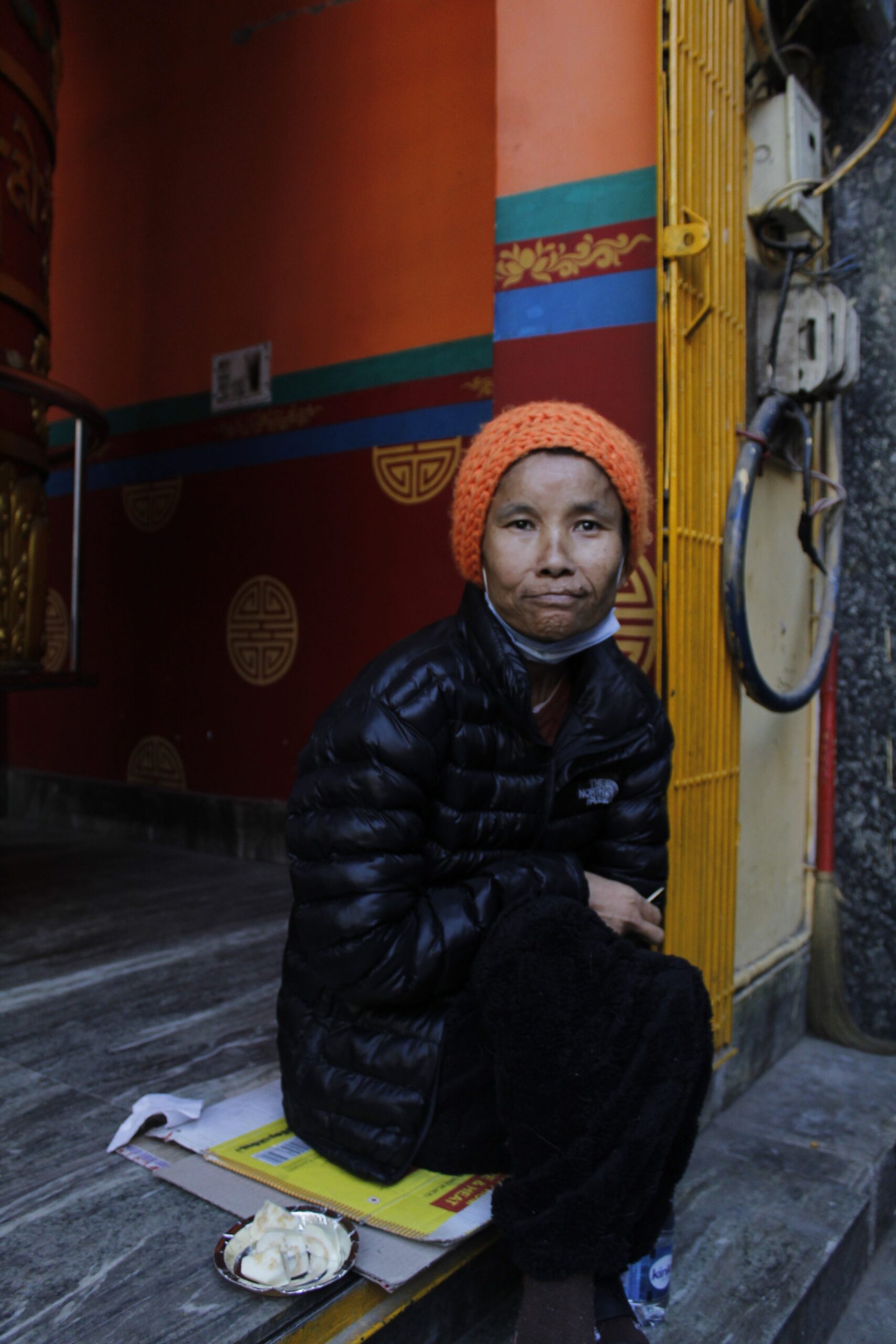
“I moved to Delhi 20 years ago as a second-generation migrant, seeking to reconnect with my cultural roots. Initially employed in South Delhi, I felt disconnected from my community, prompting my move closer to my regional community,” she shared.
Choezom added that her husband, also a first-generation migrant, has been a crucial part of her journey toward identity liberation. Venturing into entrepreneurship just a year ago, she is excited to see where this path leads.
She noted that her income at Majnu Ka Tila is lower than what she earned in South Delhi. However, she emphasized feeling much happier and more motivated in her current surroundings. She enjoys being part of a community where she feels valued and appreciated by those around her. By offering her services within her community, she establishes a sense of familiarity and feels empowered in a way that was missing before.
“In many instances, refugee women are reduced to mere statistics in reports, and their identities and experiences often go overlooked or overshadowed. This dehumanization can lead to a lack of understanding and empathy, making it easier for policies and decisions to be made without considering their specific needs and vulnerabilities,” Sur remarked.
(Syed Muskan and Kulsoom Faiz are freelance journalists and students pursuing MA in convergent journalism at AJK Mass Communication and Research Centre, Jamia Millia Islamia)


